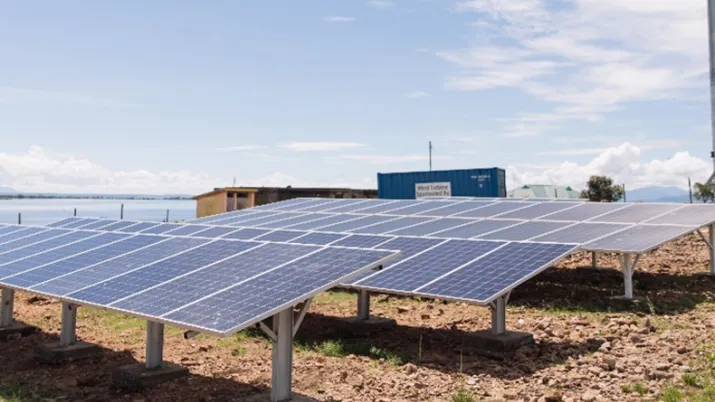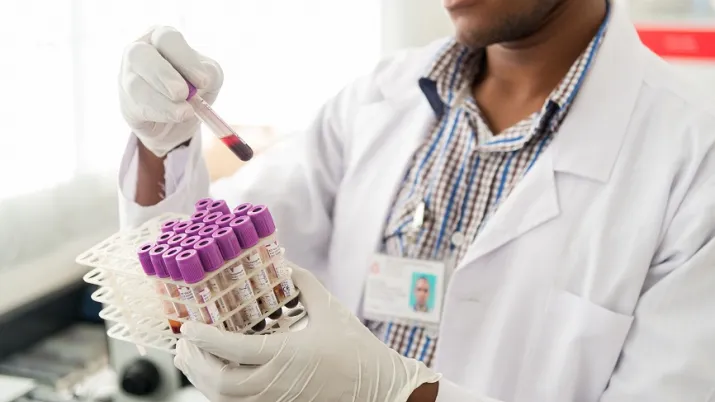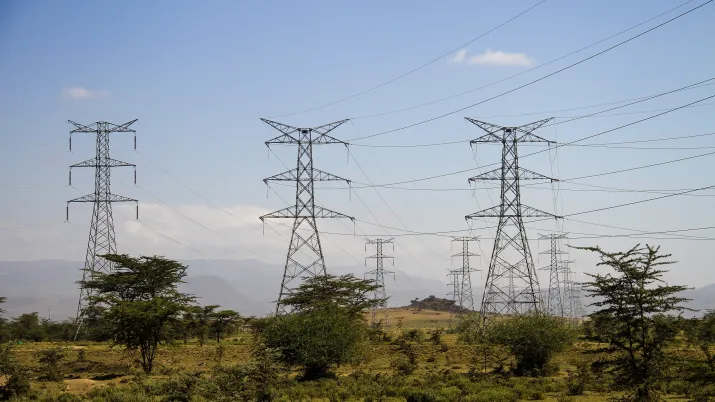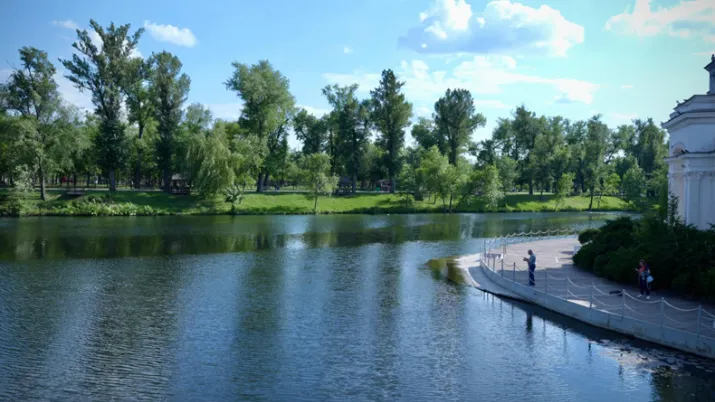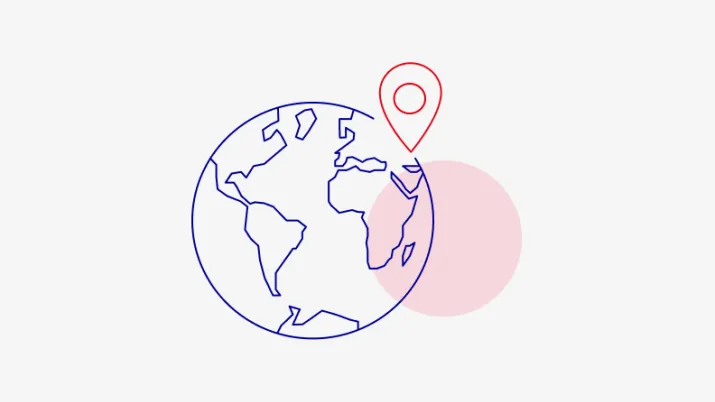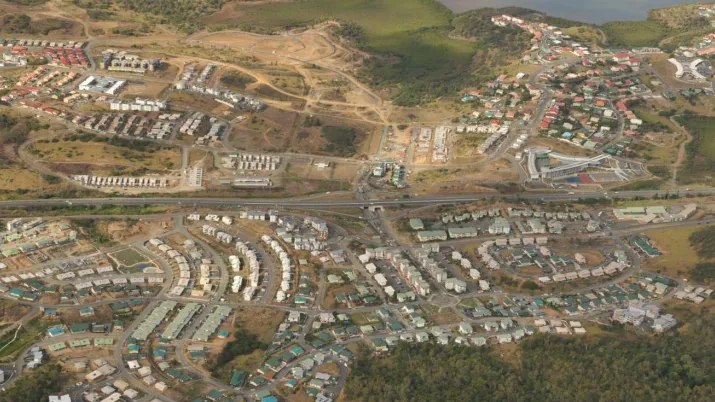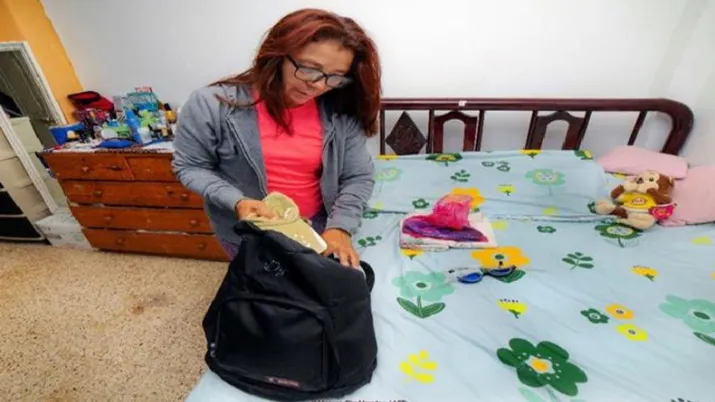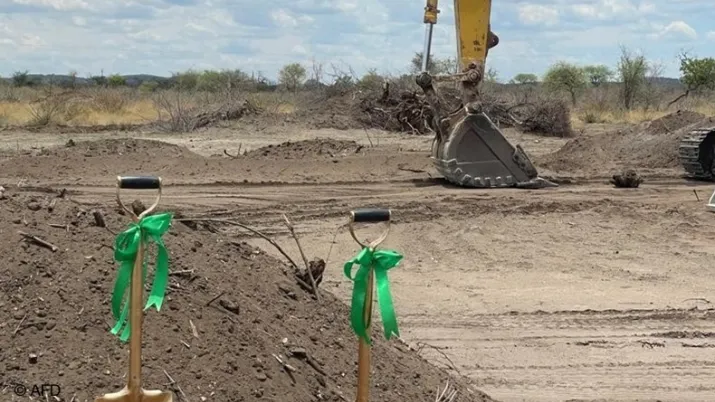Share the page
KENYA : Financing the extension of Kisumu's drinking water and sanitation system
Project
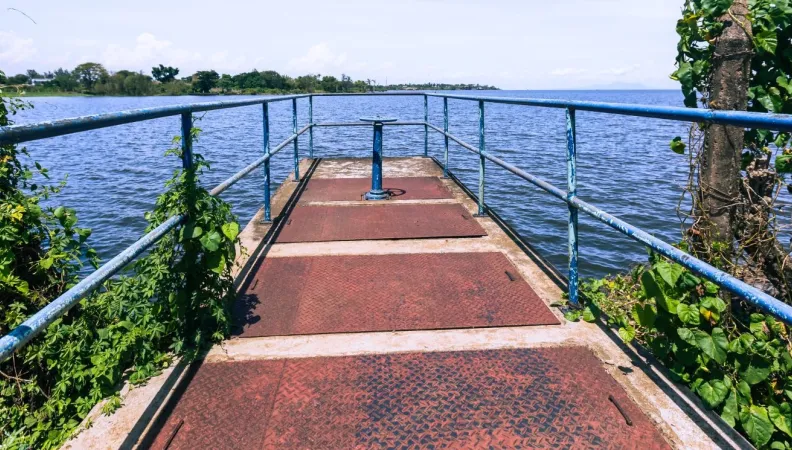

-
Project start date
-
Status
Ongoing
-
Project end date
-
-
Project duration
-
10 years
-
AFD financing amount
-
€ 20 000 000
-
Location
-
Kisumu, Kenya
-
Type of financing
-
Beneficiaries
-
Republic of Kenya
-
Type of beneficiary
-
State
The aim of the project is to extend and strengthen the water and sanitation service in the town of Kisumu and its outskirts, while improving the quality of water from Lake Victoria.
Context
Kisumu is Kenya's third-largest city, with a population of around 400,000, 40% of whom live in informal settlements. Located on Lake Victoria, Kisumu is directly affected by the deteriorating quality of this resource due to pollution that leads to algae blooms, making it difficult to treat drinking water.
Coverage rates remain very inadequate, with only 62% of Kisumu residents having access to clean drinking water and 16% for sewer sanitation, with the rate three times lower in informal settlements. Another indicator is the high loss rate of 45%, which suggests a large number of leaks and illegal consumers.
Description
The project will complete and extend the drinking water distribution network, with more than 150 km of network. In terms of sanitation, the project calls for the rehabilitation of existing lagoons and extensions to the sewer network (over 110 km), particularly to the west of the city, where there will be a new wastewater treatment plant: The Otonglo wastewater treatment plant.
The project will also lead to the optimization of the Dunga water treatment plant (Lake Victoria) which is the main water source of the city. A water quality monitoring system will be installed at the water intake of the drinking water treatment plant, and at the discharge points of the wastewater treatment plants.
Impacts
- The project will increase water and sanitation coverage to 80% of the population, and thus contribute to the economic development of Kenya's third-largest city.
- This improved service will mean less time spent fetching water, and lower costs too as connection to the network ensures water of better quality and at a lower cost than water sold at kiosks. These investments also help to improve hygiene conditions, leading to a reduction in water-borne diseases and, consequently, morbidity rates.
- Densifying the water and sanitation distribution system in informal settlements will help reduce social and economic inequalities.
- The sanitation component will help improve water quality in Lake Victoria, which is threatened by eutrophication.
- KIWASCO will also benefit from an increase in income from the number of connections to drinking water and sanitation networks as well as technical assistance in the management of these services.



